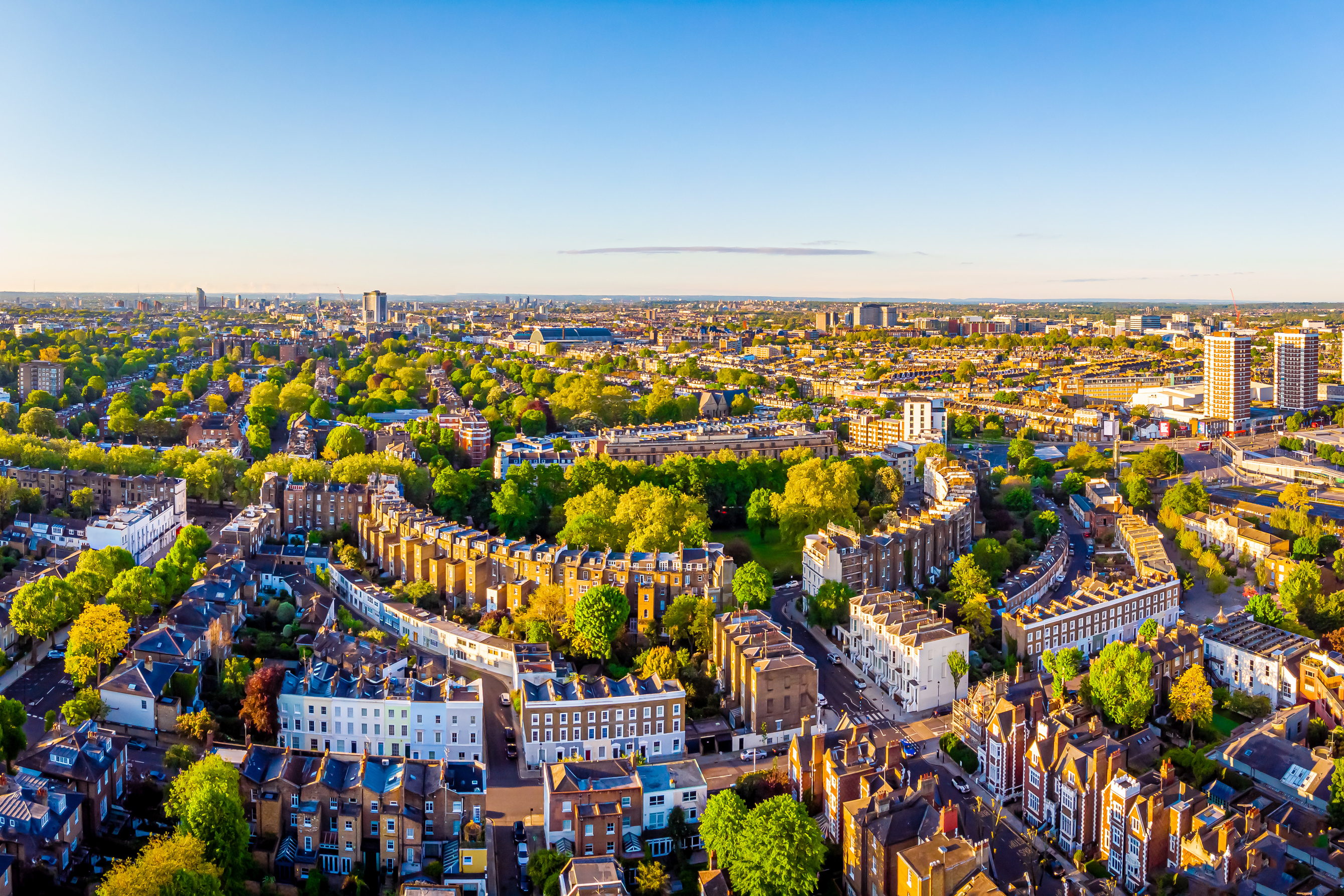Successfully relocate to get into a school catchment area
Education is one of the most important factors when it comes to your child’s future and where you live has an impact.
There are a growing number of families who are considering moving to increase their chances of securing a place for their child in a preferred school. If you are considering such a move, the initial step is to do some research on the implications. Moving to a catchment area can boost your child's chances of getting a place at the school of your choice, but it may not guarantee a place.
Select a school
The first hurdle is to select the right school, and this can take some time. Researching schools by using league tables or achievement and attainment tables, together with Ofsted reports, provides only part of the picture when deciding if a school is right for your child’s individual needs. Attend open days, but keep in mind that you are being presented with an optimal view of the school. One of the best sources is first-hand information from parents with children attending the school in question.
Make a shortlist
Narrow down options by shortlisting schools that fit your criteria. Speak directly to the schools you have in mind, as well as the local education authority, about what your choices are and what the criteria is for placement. This will help you assess how successful your application is likely to be.
Catchment areas
Catchment areas are a simple way to decide who can attend a school. They are based on the premise that local children will become friends with other local children. Catchment areas vary in size, depending on whether the school is in a rural or suburban area. They can also change from year to year, often due to the school’s growth in popularity. For example, if a large number of younger siblings are starting school in the same year, the catchment area could be reduced to stop it becoming over-subscribed. In this situation, it is unlikely your child will be accepted.
Get on a waiting list
Ask if there is a waiting list you can be added to. However, bear in mind if your child is already attending school they may have to remain at their current school until a place becomes available. Consider how you will handle this transition period, which may require your child commuting.
Work out the costs
Any move comes at a cost, and it is important to factor education options into your decision. Properties in the catchment area of highly regarded schools command a much higher price. Moving to another home also means establishing yourself and your family in a new environment.
Notwithstanding, buying a house in a school catchment area can be a sensible decision, but it requires research and planning. If you are confident the school of choice will have an available place for your child, and the property prices are within your budget, it is worth doing.
Get in touch to find a home in the catchment area of your choice.
Here at The Guild, we have properties in school catchment areas around the country, so search here.





